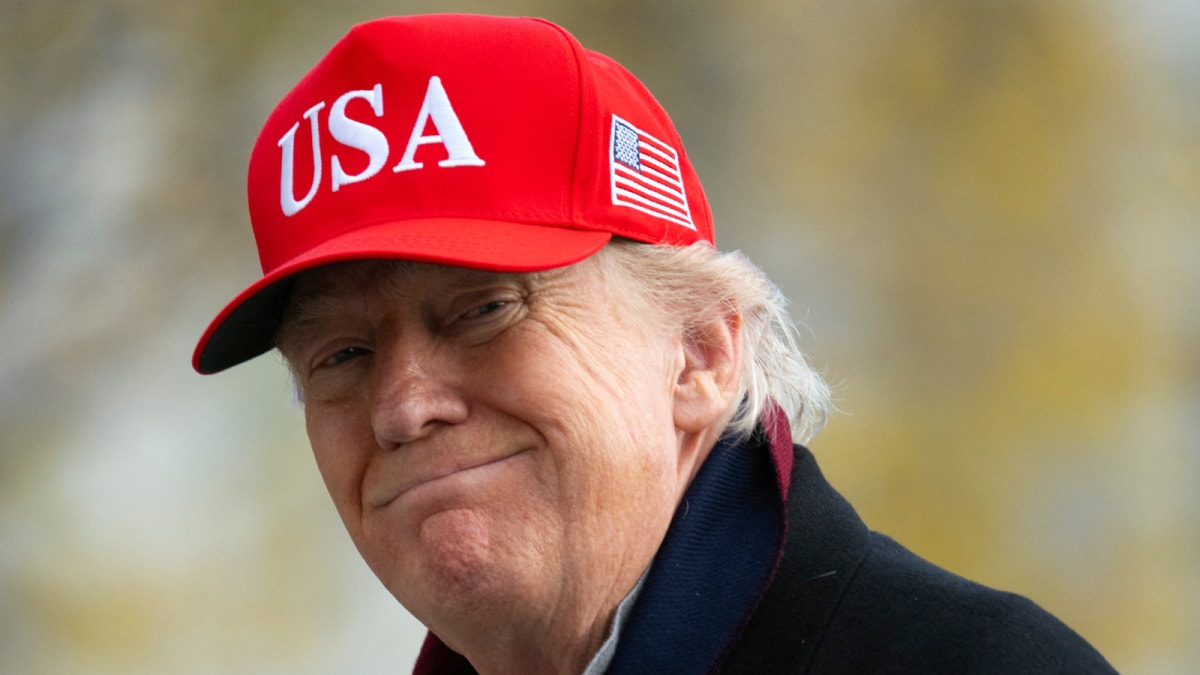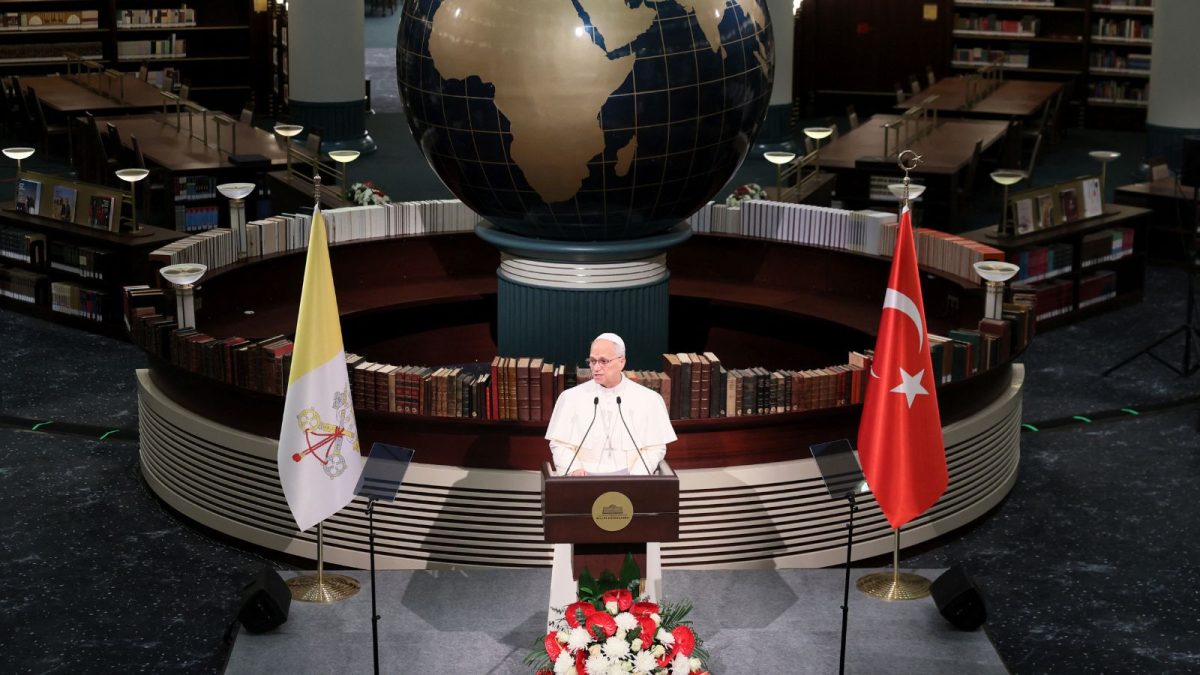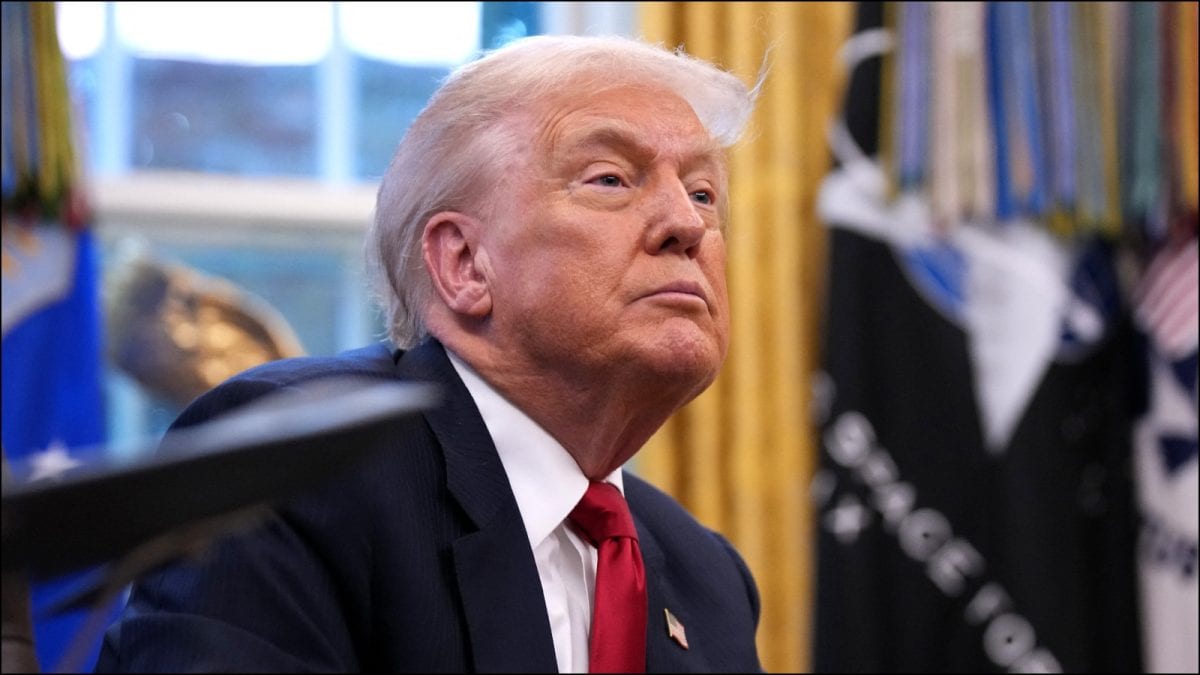MIT has rejected a White House proposal tying federal funding to Trump's political goals, citing threats to academic freedom and independence as universities nationwide face pressure to respond.

Massachusetts Institute of Technology (MIT).
The president of the Massachusetts Institute of Technology (MIT) has rejected a White House proposal that would tie federal funding to universities’ support for President Donald Trump’s political priorities.
In a letter to the Trump administration, MIT President Sally Kornbluth said the university “cannot support” a plan that conditions access to government research grants on aligning with the president’s agenda. The proposal, she wrote, includes provisions that could restrict free speech and compromise academic independence — core values MIT says it won’t bargain away.
“Scientific funding should be based on merit alone,” Kornbluth said in her letter to Education Secretary Linda McMahon and White House officials. “Therefore, with respect, we cannot support the proposed approach to addressing the issues facing higher education.”
The so-called “Higher Education Compact” — circulated to nine leading universities last week — calls on them to adopt policy positions mirroring Trump’s platform on admissions, women’s sports, free speech, and student discipline. In return, universities would receive “substantial and meaningful federal grants.” Campuses were asked to submit feedback by October 20 and make a final decision by November 21.
Among the institutions invited were Vanderbilt, the University of Pennsylvania, Dartmouth, Brown, USC, the University of Arizona, and the University of Virginia. It’s unclear how or why these specific universities were chosen, but MIT is among the first to take a public stand, the Associated Press reported.
PRESSURE MOUNTS AS UNIVERSITIES WEIGH THE COMPACT
The White House has framed the initiative as a way to renew and strengthen ties between government and academia — a relationship that’s come under strain amid accusations that elite schools harbor bias and hostility toward conservative viewpoints. But many in higher education see it differently.
Faculty groups, students, and even some conservatives have condemned the plan as political coercion. The mayor and city council in Tucson, home to the University of Arizona, labeled it “an unacceptable act of federal interference.” At the University of Virginia, officials warned that certain terms of the proposal “would be very difficult” to accept given its implications for academic freedom.
Even policy experts on the right are uneasy. Frederick Hess, director of education policy at the American Enterprise Institute, called the proposal “profoundly problematic” and said the government’s demands were “ungrounded in law.”
Meanwhile, Democrats in the Virginia Senate have threatened to cut funding to the University of Virginia if it signs the deal, warning it would “cede independence to federal political control.” California Gov. Gavin Newsom issued a similar warning to the University of Southern California, according to the Associated Press.
At Brown University, President Christina Paxson — whose school previously settled separate investigations with the White House — said she would seek campus input before deciding how to respond.
A FLASHPOINT IN ACADEMIC INDEPENDENCE
The compact represents the administration’s latest effort to reshape US higher education. It would require universities with large endowments to freeze tuition for five years and eliminate tuition entirely for science students if their endowments exceed $2 million per undergraduate. It also calls for mandatory use of SAT or ACT scores, bans on considering race or sex in admissions, and adoption of a binary definition of gender for campus life and athletics.
Kornbluth emphasized that MIT already upholds many of the principles the White House claims to champion — from merit-based admissions to affordability. “We freely choose these values because they’re right, and we live by them because they support our mission,” she wrote.
Still, she made clear that MIT’s choices will remain its own. “The university’s independence is not up for negotiation,” she said.
- Ends
(With inputs from Associated Press)
Published By:
Aashish Vashistha
Published On:
Oct 11, 2025

 1 month ago
1 month ago


















